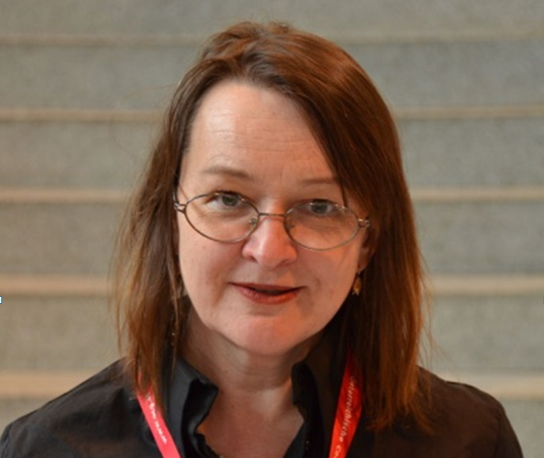Professor Helena Knyazeva gave a talk at the World Congress on Complex Thought

Professor Knyazeva presented a talk "Complex thought as an art of thinking and creating the world". The complexity of thought should be
commensurable to the complexity of the world. A person creates a world in the knowledge construction process. In the process of the construction of the world, a person creates him or herself. We can talk of a double non-duality in the cognition process: of the non-duality of the body and soul and of the non-duality of the subject of knowledge and its reality. Edgar Morin claimed: complex thought is a multidimensional, systematic and ecological radical. In addition, I consider complex thought to be evolutionary, non-linear and holistic. To cultivate the principles of complex thought is to learn the art of thinking and recreating the world.
Program of the Congress: https://www.reseau-canope.fr/fileadmin/user_upload/Projets/pensee_complexe/pensee_complexe_programUK.pdf
Program at UNESCO website: http://www.delegfrance-unesco.org/PROGRAMME-congres-mondial-pour-la-pensee-complexe